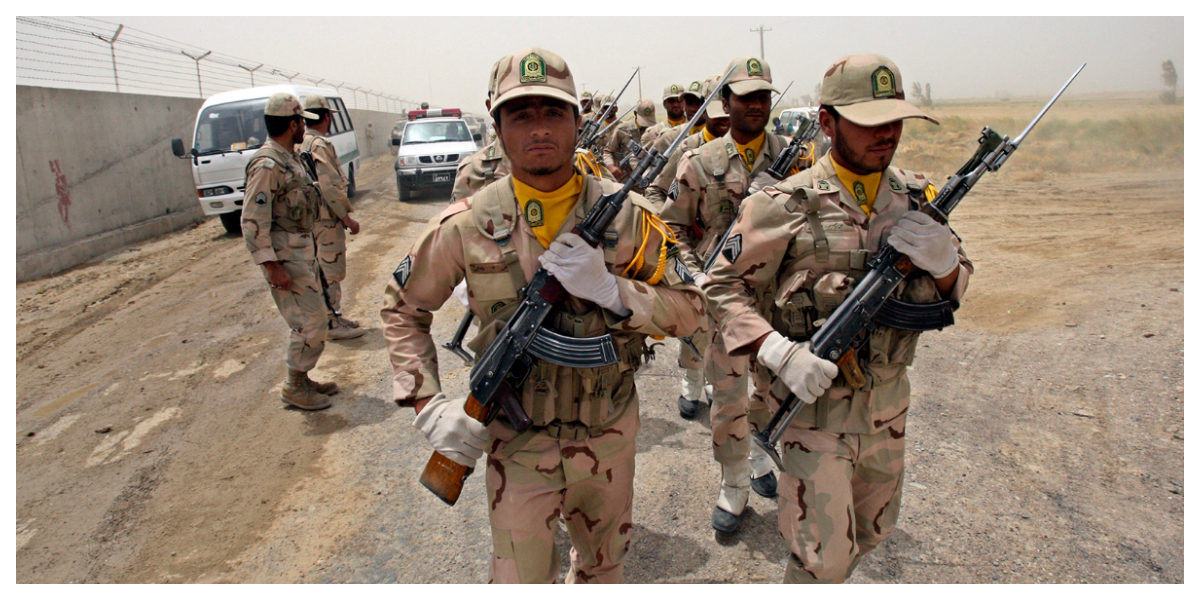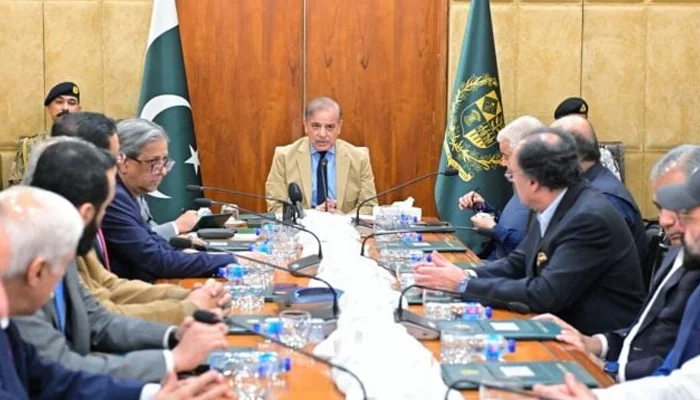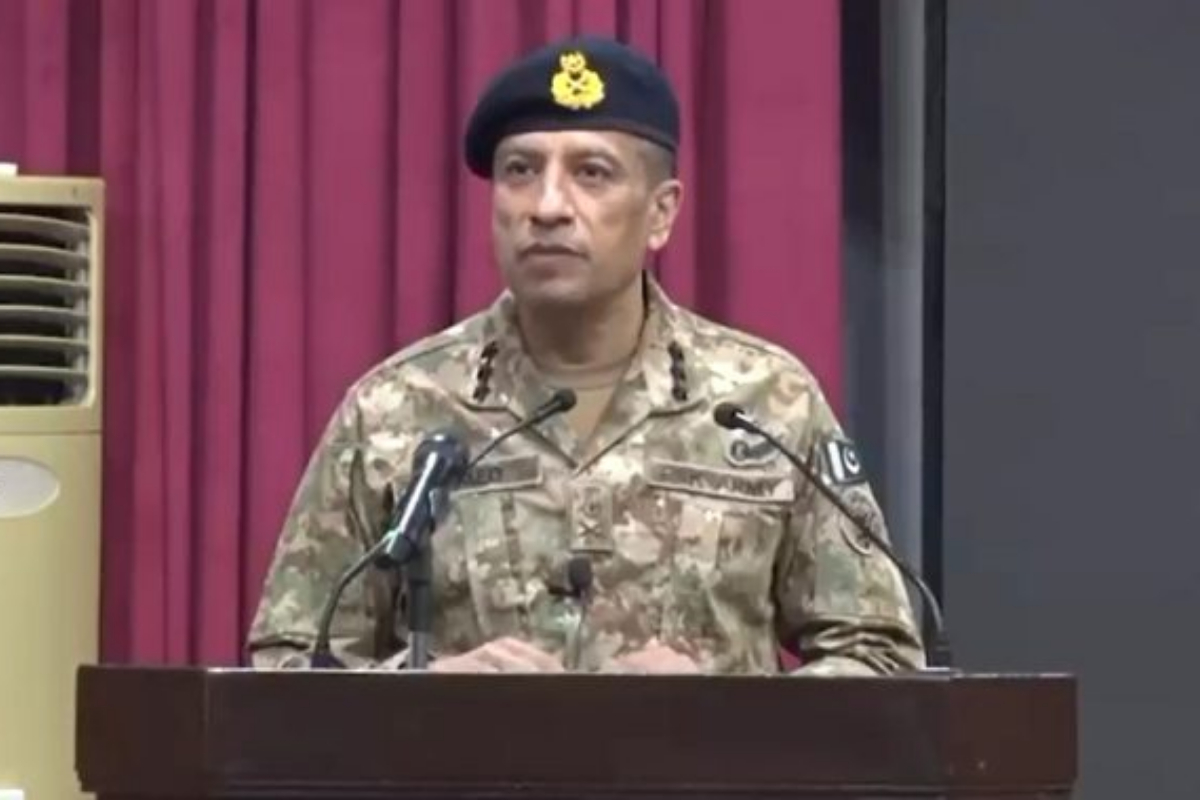- An Iranian border guard was killed in a “incident” at a border crossing with Afghanistan.
- Iran has long had tense relations with the Taliban.
- Water rights issues have also increased tensions between the neighbors.
An Iranian border guard was killed in a “incident” at a border crossing with Afghanistan in the country’s southeast, According to Iran’s foreign ministry.
“The dimensions of this unfortunate incident in the Milak border area, which led to the martyrdom of the dear border guard of the Islamic Republic of Iran, are being investigated by the authorities and will be announced as soon as the issue is clarified,” ministry spokesman Nasser Kanani said.
He condoled with the family of Mohammad Sayyad, who was killed at the Milak crossing in Sistan-Baluchestan province.
Afghan officials told AFP there had been no clashes between Iranian and Afghan forces near the border.
“Officials in Afghanistan’s caretaker government are expected to take serious action to clarify the dimensions of the issue, punish the perpetrators and take the necessary measures to prevent similar incidents,” Kanani added.
Iran, like many other nations, has so far not recognized the new government formed by the Taliban after it took power amid a hasty withdrawal by US-led foreign forces in August.
[embedpost slug=”iran-us-must-discard-trump-method-in-nuclear-talks/”]
While Iran insists that the Taliban form an inclusive administration, the Islamist movement has formed an all-male cabinet made up entirely of members of the group, and almost exclusively of ethnic Pashtuns.
Water rights issues have also increased tensions between the two neighbors.
In January, demonstrators in Sistan-Baluchestan rallied at a border crossing for a protest over water from the Helmand River.
Last year, then Afghan president Ashraf Ghani inaugurated Kamal Khan Dam on the river, announcing that Afghanistan would no longer supply “extra” water to Iran for free but instead exchange it for oil.
Iran has hosted millions of Afghan refugees for decades, but fresh waves have flooded the country since the Taliban’s return to power.
The two countries share the Persian language, known as Farsi in Iran and Dari in Afghanistan, but the majority of Afghans are Sunni Muslims, in contrast to their mostly Shiite neighbors.
Iran has long had tense relations with the Taliban, who raided Tehran’s consulate in Mazar-i-Sharif, northern Afghanistan, in 1998, killing ten diplomats and a journalist.
[embedpost slug=”iran-says-saudi-arabia-is-ready-for-direct-talks/”]





















